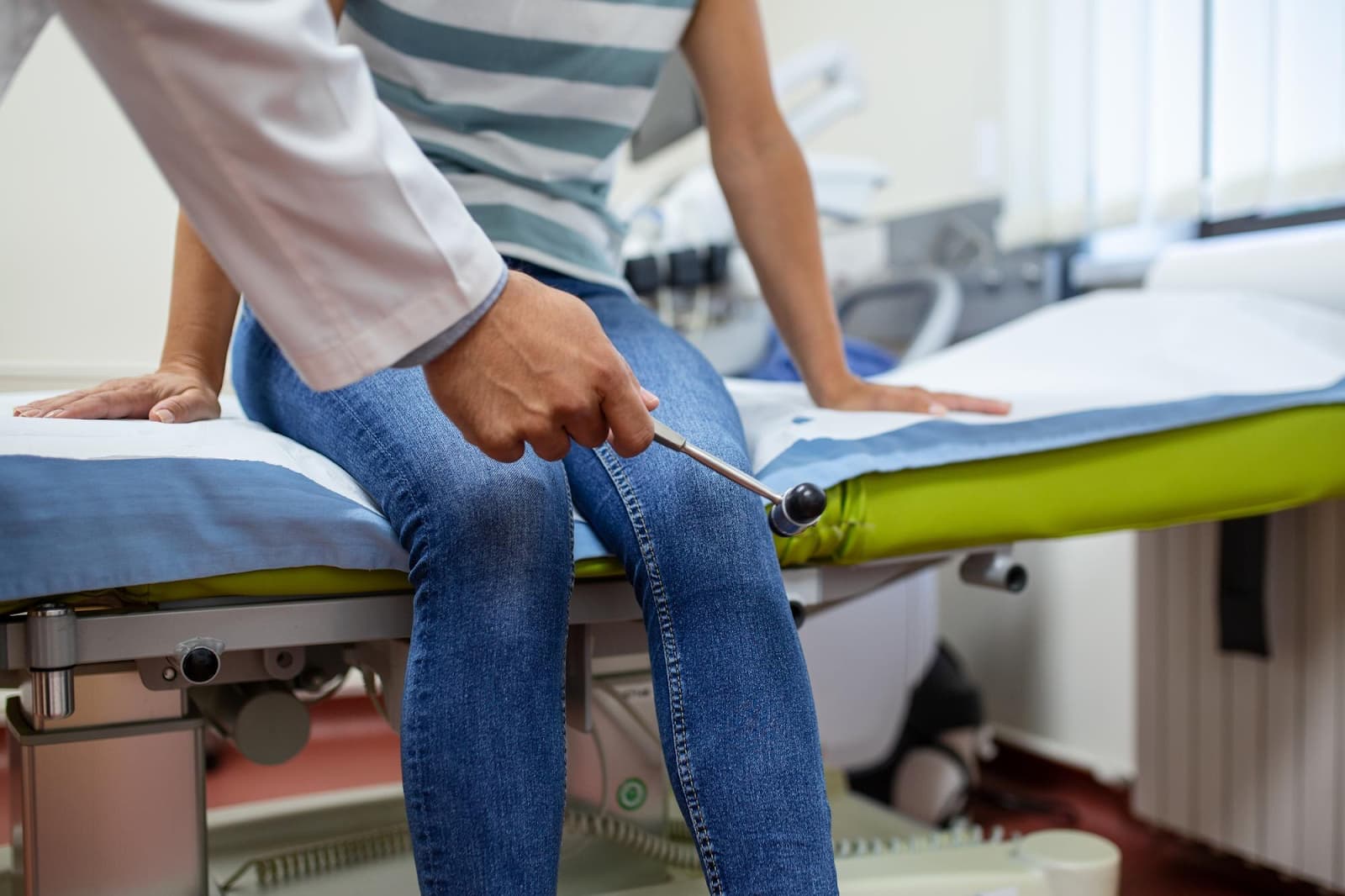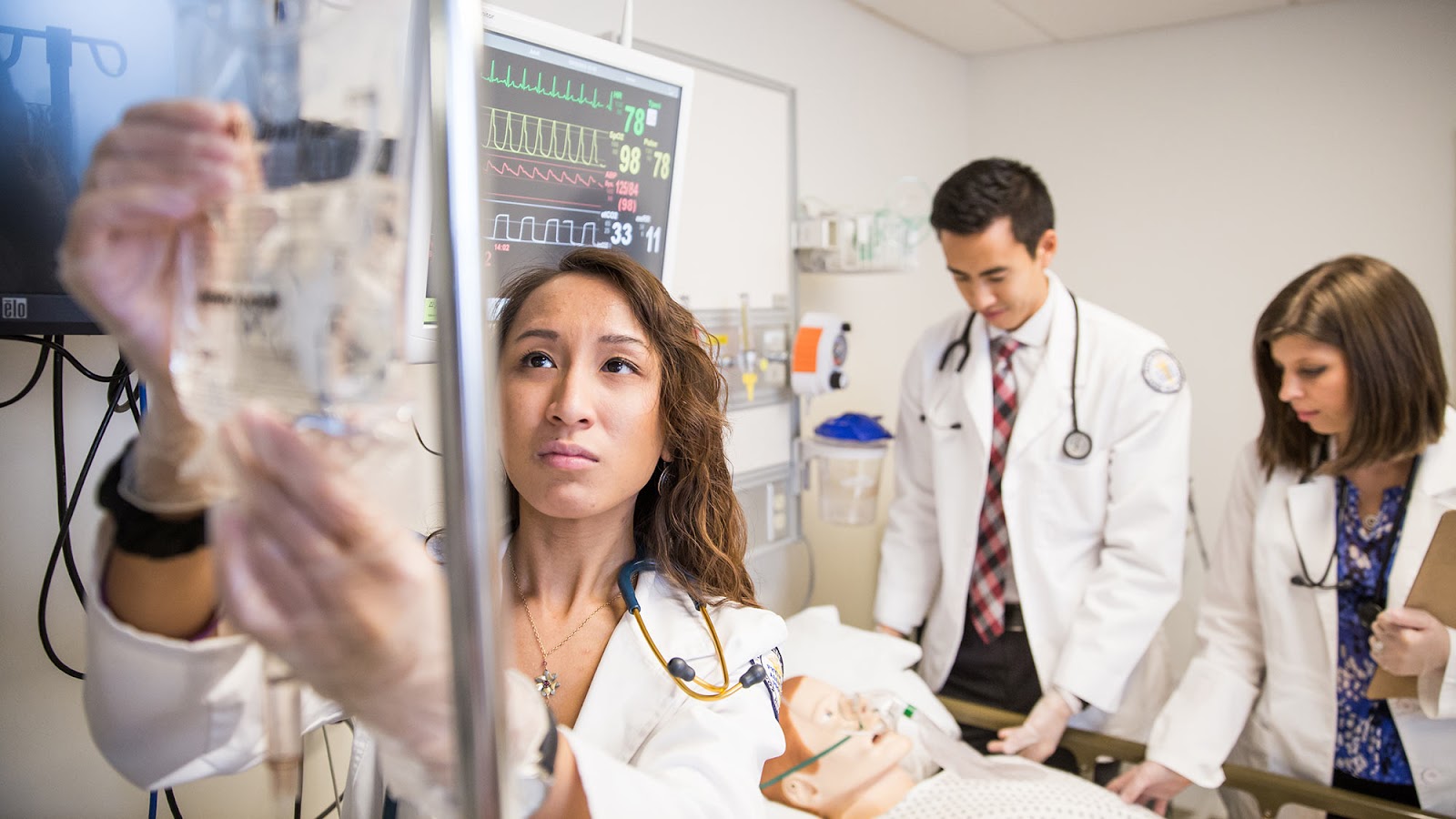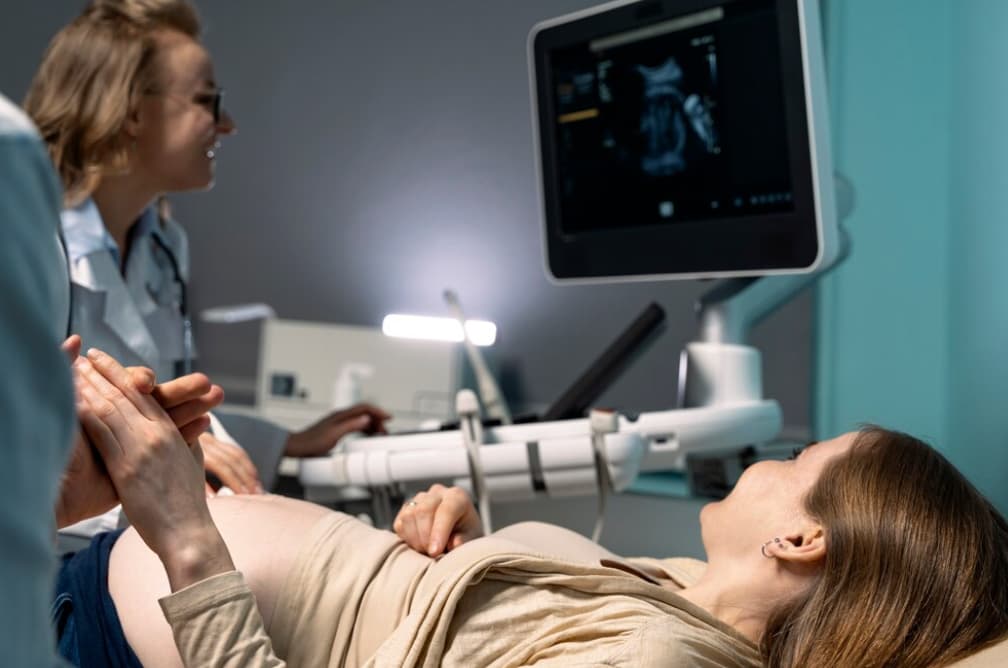Pursuing a Career as a Physician Assistant in New Jersey
A recent study conducted by the United Health Foundation has shed light on concerning health trends in New Jersey, including high rates of preventable hospitalizations and a prevalence of sedentary lifestyles among residents. These statistics resonate strongly with physician assistants (PAs) in the Garden State, who predominantly work in hospitals and private physician practices where they witness these issues firsthand. PAs in New Jersey are at the forefront of tackling statewide health challenges, actively engaging in patient education on the importance of exercise and preventive care. In addition to providing patient education, PAs conduct physical exams, assist in surgeries, and make preliminary diagnoses.
For those aspiring to become a physician assistant in New Jersey, here is a step-by-step guide:
- Research Accredited Physician Assistant Programs in New Jersey for Licensure;
- Successfully Pass the Physician Assistant National Certifying Exam (PANCE);
- Apply for a Physician Assistant License in New Jersey;
- Maintain Licensure as a Physician Assistant.
Exploring the intricacies of obtaining a New Jersey Physician Assistant License, one can gain insights into regional variations in PA salaries, such as those found in Texas.
Step 1: NJ Accredited PA Programs for Licensure Prep

When embarking on the path to licensure as a Physician Assistant (PA) in New Jersey, it’s imperative for prospective students to have completed a bachelor’s degree in any field. This prerequisite stems from the fact that the majority of PA programs within the state are designed at the graduate level, necessitating prior undergraduate education. A foundation in organic sciences or related subjects can be particularly advantageous, potentially reducing the number of prerequisite courses needed in areas such as:
- Anatomy;
- Medical Assisting;
- Nursing;
- Public Health;
- Psychology.
Additionally, candidates are required to attain a satisfactory score on the GRE (Graduate Record Examination) and demonstrate direct clinical experience with patients. Selecting a PA program approved by the Accreditation Review Commission on Education for the Physician Assistant (ARC-PA) is crucial. Completion of an ARC-PA accredited program is mandatory for those aspiring to practice as licensed PAs in New Jersey.
Step 2: Passing the PANCE for PA Licensure in New Jersey
Achieving the status of a licensed Physician Assistant (PA) in New Jersey necessitates clearing the Physician Assistant National Certifying Exam (PANCE). This critical assessment, overseen by the National Commission on Certification of Physician Assistants (NCCPA), bestows the designation of Physician Assistant-Certified (PA-C) on those who pass. Holding this certification is essential for those intending to file a complete application for licensure with the New Jersey State Board of Medical Examiners.
Graduates from PA programs are eligible to sign up for the PANCE 90 days post completion of their educational curriculum, with the option to engage in preparatory practice exams available on the NCCPA’s website at a cost of $35. The examination itself is designed to gauge the examinee’s understanding of the key organ systems and related medical conditions through a series of 300 multiple-choice questions, over a span of five hours. The fee to register for the PANCE is set at $475.
Step 3: Applying for PA Licensure in New Jersey
Acquiring licensure as a Physician Assistant (PA) in New Jersey involves navigating a thorough application procedure administered by the State Board of Medical Examiners in Newark. Prospective candidates must meticulously assemble their application packages, ensuring they encompass:
- Explanation of any CV gaps;
- Notarized copy of original citizenship documents;
- Official PA degree program diploma and transcripts sent directly to the Board;
- Transcripts from additional colleges or universities attended;
- High school diploma and transcripts;
- $125 application fee;
- Authorization for a criminal background check;
- PANCE scores sent directly to the Board by the NCCPA.
Ensuring acceptance of the initial packet and fee is crucial for applicants before proceeding with third-party document submissions. Upon submission of a comprehensive application, candidates can expect a processing period of approximately 8-12 weeks for the issuance of their PA License in New Jersey.
Step 4: Sustaining Your New Jersey PA License

Sustaining a New Jersey PA License is an ongoing responsibility requiring attention every 24 months. To uphold licensure, PAs must accumulate 50 continuing medical education (CME) credits within this period. While CME completion evidence isn’t initially mandatory with the license renewal application, it remains subject to random audit, with PAs potentially required to provide verification upon request.
Beyond fulfilling licensure prerequisites, joining professional organizations such as the New Jersey State Society of Physician Assistants (NJSSPA) can be advantageous for PAs, offering networking avenues and supportive resources. Notably, licensed PAs in New Jersey attained an average annual salary of $99,940 last year, underscoring the promising career opportunities within the profession.
Conclusion
The journey towards becoming a licensed Physician Assistant in New Jersey, while demanding, is ultimately rewarding. This professional role puts you at the frontline of healthcare, allowing you to make a significant difference in patients’ lives. By following a sequential process – from obtaining the right education and licensure, through taking the PANCE, and applying for PA licensure, to maintaining your license – you can navigate towards a successful PA career. So invest in your education, keep abreast of ongoing trends, and embrace the journey of becoming a key player in New Jersey’s healthcare system.




